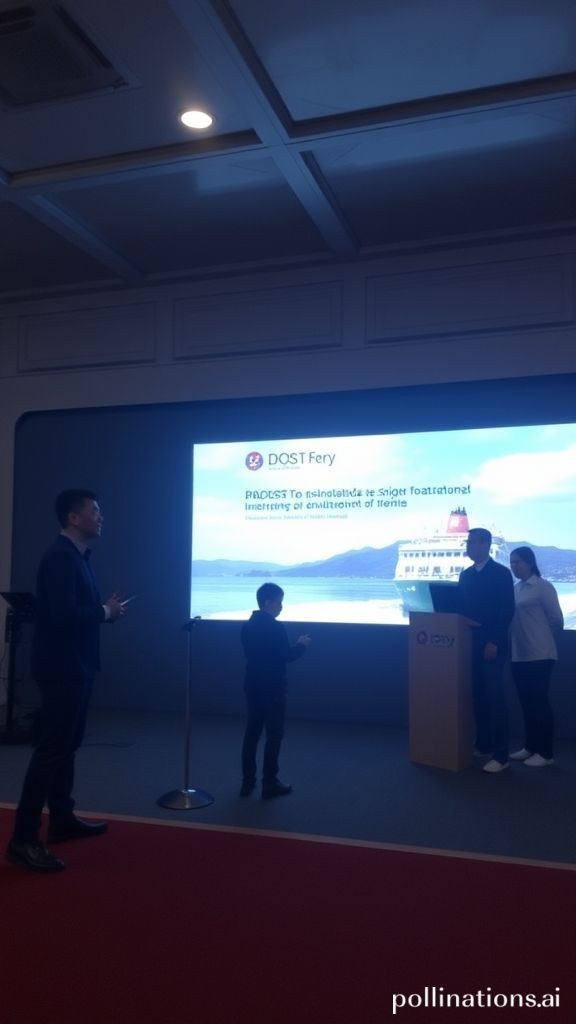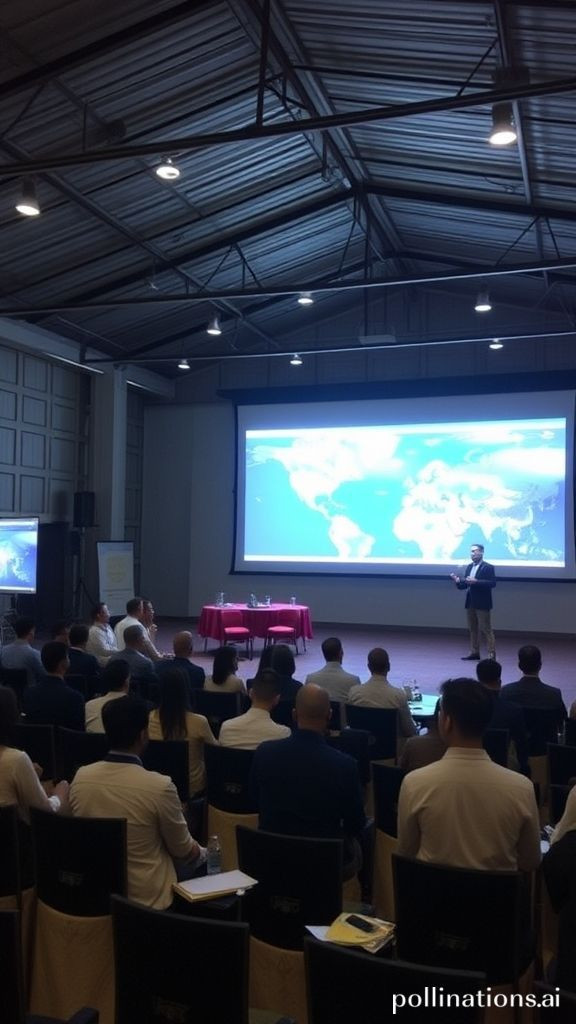
Students urged to think before they post as online dangers persist
Students urged to think before they post as online dangers persist

Think Before You Post The Evolution of Students' Online Habits in a Digital Age
In today's digital age, it's essential for students to develop safe and responsible online habits. As tech companies and law enforcement agencies continue to raise concerns about online dangers, it's crucial that we educate students on the importance of thinking before they post.
A Wake-Up Call The Dangers of Oversharing
Elijah Mendoza, a digital communications senior manager at Smart Communications, recently emphasized the need for caution when sharing personal information online. Speaking at the 2025 AngelNet Summit, hosted by the Philippine National Police Anti-Cybercrime Group, Mendoza warned students that once something is posted online, it can stay there forever. Remember, if you wouldn't do it in person, don't do it online, he advised.
The Consequences of Oversharing
Mendoza highlighted the risks associated with oversharing personal details such as daily routines, favorite things, or pet names. These details can make students vulnerable to online predators or scams. The key is mindfulness – be careful who you share your personal information with, he cautioned.
A Broader Initiative Promoting Digital Literacy
The summit was part of PLDT and Smart's broader effort to promote digital literacy through its Be CyberSmart campaign. This initiative aims to help young users develop safer online habits, complementing the company's cybersecurity efforts, including network defenses and content filtering.
Statistics That Matter
According to PLDT and Smart's data, the companies blocked over 338,000 attempts to access child sexual abuse and exploitation materials in the first quarter of 2025 alone. Additionally, they have blacklisted more than 1.7 million URLs linked to such content.
Aligning with UN Sustainable Development Goal No. 16
The effort aligns with the United Nations' Sustainable Development Goal No. 16, which calls for the protection of children from exploitation and abuse.
Emphasizing Digital Responsibility
Mendoza stressed that digital responsibility starts with students. While technology brings opportunities, it also carries risks – especially for young users. We want students to understand that digital responsibility starts with them, he said.
Conclusion
The evolution of students' online habits is a vital step in promoting digital literacy and cybersecurity awareness. As tech companies and law enforcement agencies continue to raise concerns about online dangers, it's crucial that we educate students on the importance of thinking before they post. By adopting safer online habits, students can protect themselves from online threats and promote a culture of digital responsibility.
Keywords Digital Literacy, Online Safety, Cybersecurity, Think Before You Post





